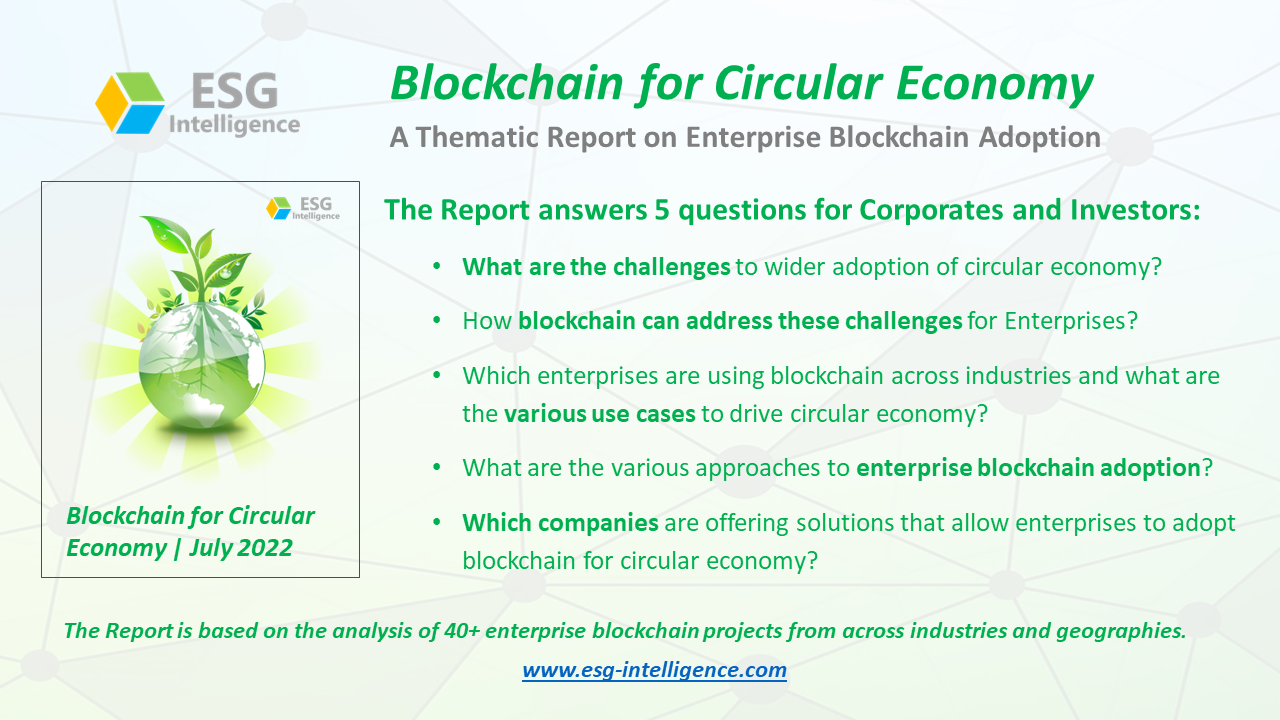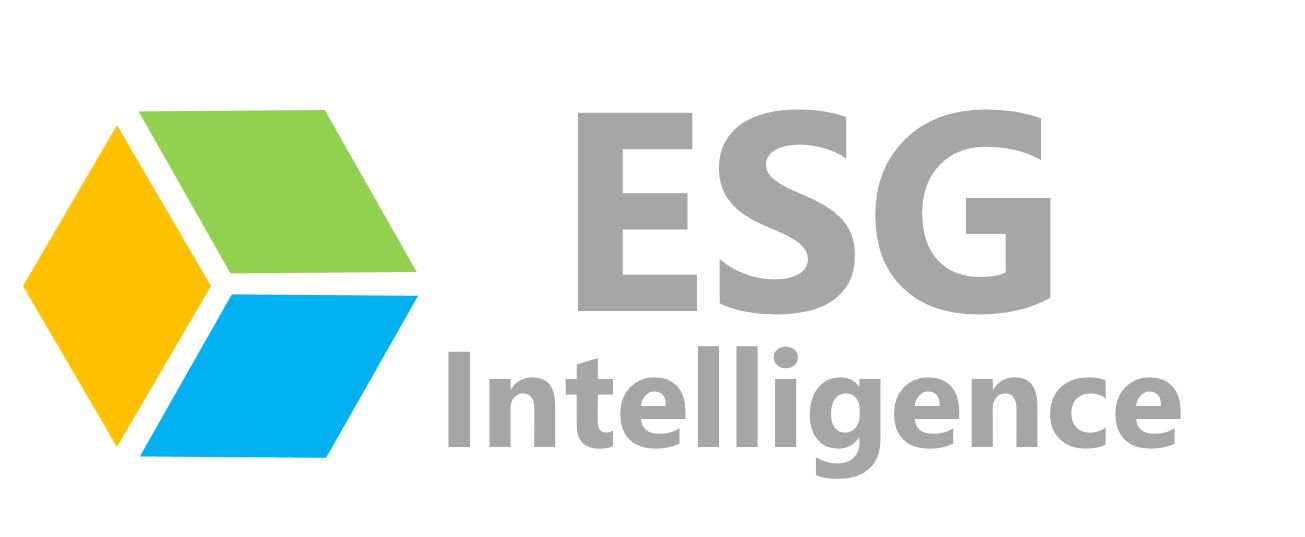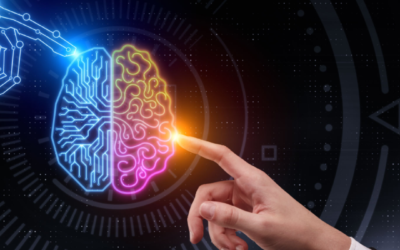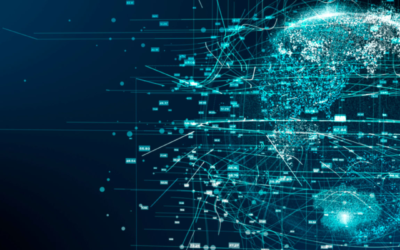What is Circular Economy?
The current environmental crisis that we find ourselves in, is multidimensional – rising emissions, limited availability of resources, excess waste, and loss of biodiversity, are some of the common issues that every industry is facing today. There is a magic word which is conveniently used as a solution to many of these problems – Circular economy. This is a term given to a set of changes in supply chains of consumer and industrial products aimed at maximising the utilization of products and the materials used in those products to minimize waste. It can be implemented by reducing, reusing, recycling, and recovering of materials in supply chains.

The Impact of Economic Growth on Environmental Sustainability: Balancing Progress and Conservation
In recent decades, the pursuit of economic growth has been a central objective for nations worldwide. Governments and policymakers have implemented various strategies to foster economic development and improve the living standards of their citizens. However, the relentless pursuit of economic growth often raises concerns about its potential impact on environmental sustainability. The relationship between economic growth and environmental sustainability is complex and multifaceted.
Empowering Today’s Youth: Waste Management for Sustainable Company Growth
Waste management is a pressing issue that demands immediate attention in our pursuit of sustainable development. As we navigate the challenges of a rapidly changing world, today’s youth hold the power to shape a better future. Engaging and empowering the younger generation in waste management efforts can lead to significant positive impact, not only on the environment but also on the growth and sustainability of companies.
Achieving Sustainability Goals through Blockchain: Empowering Youth for Positive Change
The global pursuit of sustainability has reached a critical juncture, requiring innovative solutions to address complex challenges. Blockchain technology has emerged as a powerful tool that can revolutionize sustainable development efforts. Its decentralized nature, transparency, and security make it an ideal platform for driving positive change.
Harnessing Artificial Intelligence for a Sustainable Future: Empowering the Young Generation
The world is facing unprecedented challenges related to environmental sustainability. Climate change, resource depletion, and biodiversity loss threaten our planet’s future. However, there is a powerful tool at our disposal that can bring about a revolutionary change in addressing these issues: artificial intelligence (AI). By integrating AI into sustainable practices, we can unlock innovative solutions and empower the young generation to create a more sustainable world.
IoT and Precision Agriculture: Enabling a Sustainable Agricultural Revolution
In recent years, the world has witnessed an increasing demand for food due to population growth and changing dietary patterns. Simultaneously, there is growing concern about the environmental impact of traditional farming practices. In this context, the convergence of the Internet of Things (IoT) and Precision Agriculture has paved the way for a sustainable agricultural revolution.
Synergy of Information Technology and Environmental Sustainability
In recent years, the interplay between information technology (IT) and environmental sustainability has emerged as a pivotal force in shaping the future of our planet. As we grapple with pressing environmental challenges, IT has proven to be a powerful tool that can significantly contribute to our efforts toward creating a sustainable world.






